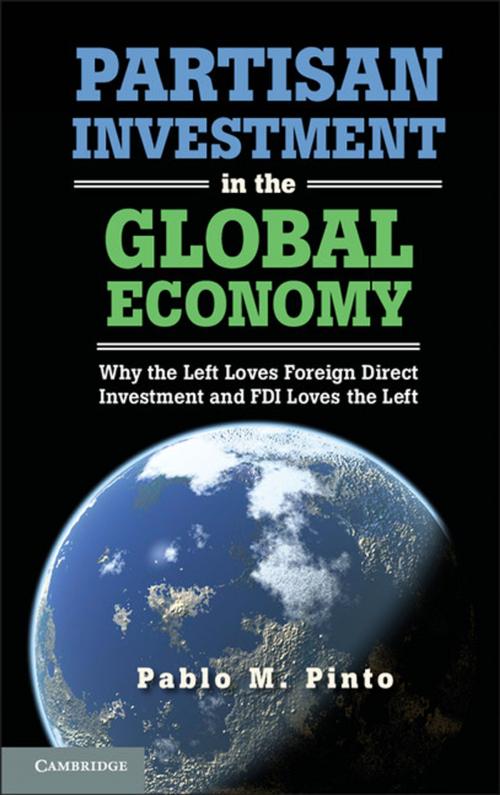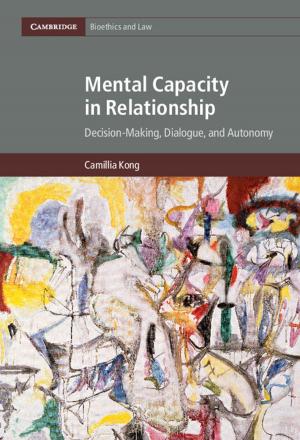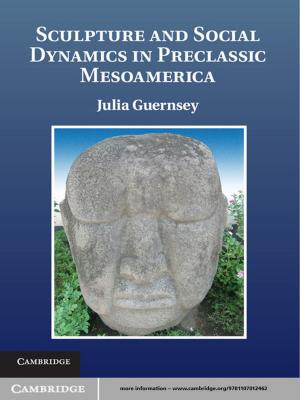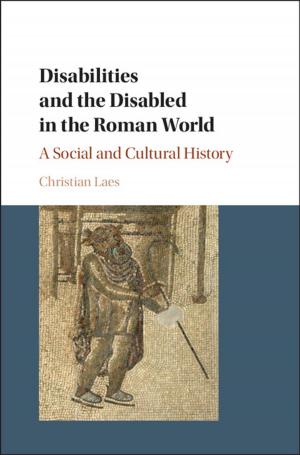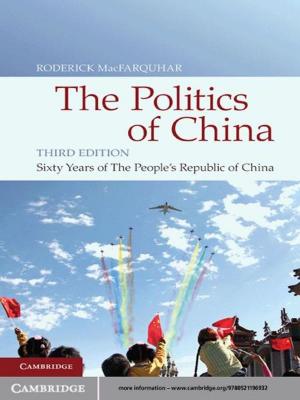Partisan Investment in the Global Economy
Why the Left Loves Foreign Direct Investment and FDI Loves the Left
Nonfiction, Social & Cultural Studies, Political Science, Politics, Economic Conditions, Economic Policy, Business & Finance| Author: | Professor Pablo M. Pinto | ISBN: | 9781139610476 |
| Publisher: | Cambridge University Press | Publication: | March 25, 2013 |
| Imprint: | Cambridge University Press | Language: | English |
| Author: | Professor Pablo M. Pinto |
| ISBN: | 9781139610476 |
| Publisher: | Cambridge University Press |
| Publication: | March 25, 2013 |
| Imprint: | Cambridge University Press |
| Language: | English |
Pinto develops a partisan theory of foreign direct investment (FDI) arguing that left-wing governments choose policies that allow easier entry by foreign investors more than right-wing governments, and that foreign investors prefer to invest in countries governed by the left. To reach this determination, the book derives the conditions under which investment flows should be expected to affect the relative demand for the services supplied by economic actors in host countries. Based on these expected distributive consequences, a political economy model of the regulation of FDI and changes in investment performance within countries and over time is developed. The theory is tested using both cross-national statistical analysis and two case studies exploring the development of the foreign investment regimes and their performance over the past century in Argentina and South Korea.
Pinto develops a partisan theory of foreign direct investment (FDI) arguing that left-wing governments choose policies that allow easier entry by foreign investors more than right-wing governments, and that foreign investors prefer to invest in countries governed by the left. To reach this determination, the book derives the conditions under which investment flows should be expected to affect the relative demand for the services supplied by economic actors in host countries. Based on these expected distributive consequences, a political economy model of the regulation of FDI and changes in investment performance within countries and over time is developed. The theory is tested using both cross-national statistical analysis and two case studies exploring the development of the foreign investment regimes and their performance over the past century in Argentina and South Korea.
